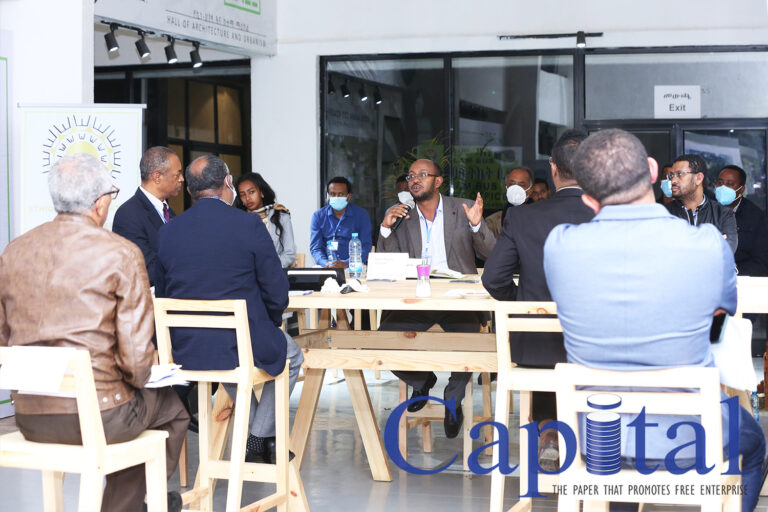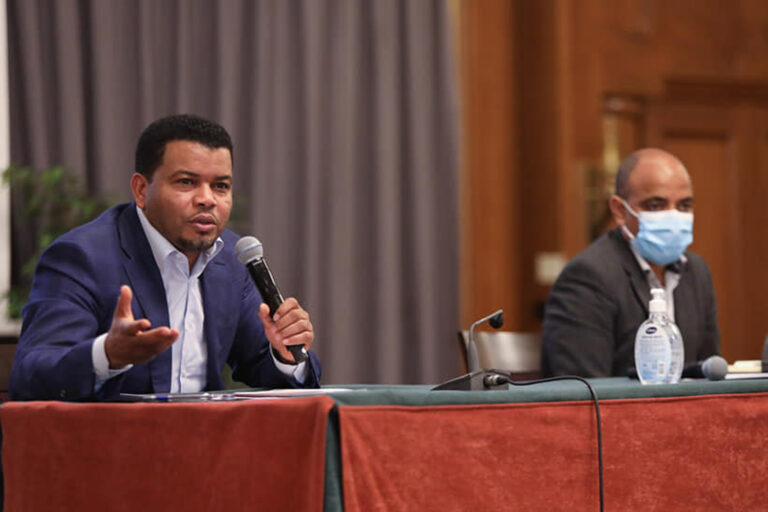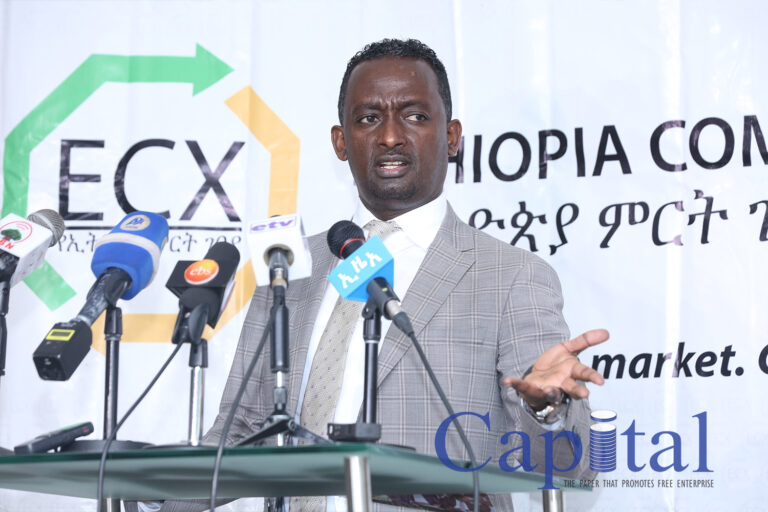Experts at the Ethiopian Association of Civil Engineers (EACE) said coordination and integration on planning and implementation is crucial for projects implemented in Addis Ababa.
The city administration announced that integration regulation has been endorsed to save cost and time.
During an event dubbed ‘Addis Hall Table’ dialogue forum organized by the city administration in collaboration with EACE experts in the civil engineering and relevant offices from Addis Ababa City Administration discussed how projects should be implemented in coordination with all stakeholders.
Helawi Sewnet, Director General at Addis Ababa City Infrastructure Coordination, Building Permit and Control Authority said that the city administration has endorsed a regulation to implement coordination on developmental projects in the city.
He said that the law shows that how the city administration understands to change the previous trend and improve accomplishments without unnecessary expenses and destroy other facilities when another project is being developed.
Wubshet Jekale, General Manager at Jekale CM Consultancy gives example how coordination can be done. He said that coordinated and swift maintenance when utility developers damages roads is crucial.
To continue the status of the city as livable and competitive the infrastructure should be developed properly, according to Abraham Assefa, lecturer at Addis Ababa University.
“Currently we are focusing on hard infrastructure and now addressing public space has got the attention of the city administration, which is developing parks in different corners of the city,” he said.
Social or soft infrastructure is the other component that is supposed to be addressed, Abraham says, “currently we observed that any city in the country is strongly functional when the social infrastructure is implemented.”
He said that besides the bureaucracy complete health and education facilities are included in the social infrastructure.
He added that safety is the other area that should be included in the city infrastructure system.
Infrastructures; sewerage, road, electric, water and telecom systems are the sectors that are stated should be integrated on project planning and implantation.
According to experts at the dialogue, understanding the reality is crucial besides planning on the way to integrate infrastructure projects. “Research, practice and professional combined input that evaluated in detail are critical for the integration,” they said.
“We need decision support models, for instance evaluate the life span of the infrastructure at the design stage to understand and evaluate lifecycle cost of any project,” Abraham says adding “it is crucial to allow for better integration.”
Connecting the infrastructure with information technology is also stated as a required area for quality management besides integration.
Moges Tibebu, head of Addis Ababa Roads Authority, said that with the support of the World Bank the city is working a web based transport infrastructure asset management system that includes information and designed of all infrastructure projects and will be finalized in this coming Ethiopian year.
Under the regulation infrastructure coordination authority is formed that will measure public officials who abuse the integration.
Tesfaye Workineh, President EACE and who chaired the dialogue, said that the dialogue and the outcome will be submitted for the relevant government body to incorporate it in their plans.
With its 134 year history 10 master plans were implemented in Addis Ababa.










